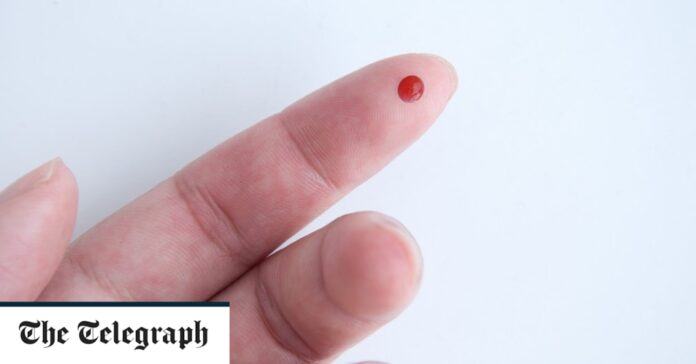A high likelihood of generating false positive results can lead to the medicalisation of the healthy
Blood tests can, on occasion, be useful, but 99.9 per cent of the time they are not. The results always require further investigations to assess their significance. Still, the common assumption prevails that they can reveal the cause of otherwise unexplained symptoms, and this is something that is increasingly being used (some might say exploited) by commercial companies.
Here the experience of one satisfied customer, as described on the website of the UK-based company Numan, is instructive. More than usually fatigued following a bout of Covid, he paid £128 for Numan’s curiously named Fear Nothing Blood Test Plus, that measures 21 “biomarkers”, including blood sugar, cholesterol, tests of liver, kidney and thyroid function.
Having followed the instructions, he duly despatched his blood samples in the post for analysis, receiving the results by email three days later. They were, unsurprisingly, all in the normal range, except for marginally low levels of the “sunlight” vitamin D and the “good” cholesterol HDL (high-density lipoprotein). Neither would have accounted for his fatigue but he was pleased to have been alerted to a couple of medical problems he did not know he had. If indeed he does, as the clinical significance of such findings is most uncertain.
“The boom in home-screening tests is a concern,” noted family doctor Margaret McCartney in the British Medical Journal last week. The high likelihood of them generating false positive results can lead to the medicalisation of the healthy. Probably best avoided.


